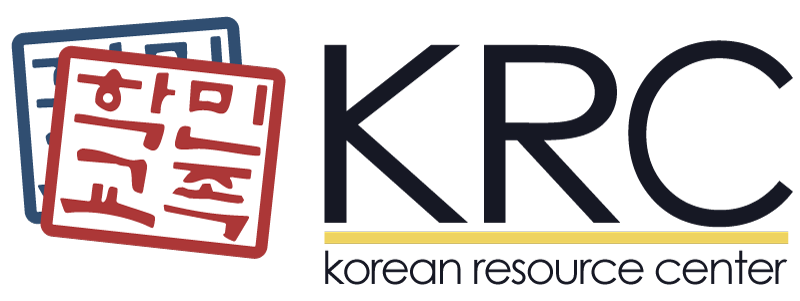The Politics of My Block
Written By Brandon Zuniga / VFT 2021
The guy who lives next door played his loud music yesterday until four in the morning, on a workday. I guess that I missed the meeting where everyone in our block made him king, and gave him the right to keep all of us awake. I had to wonder if my neighbors felt the same way, or if they realized that we were to blame as much as him. After all, any of us could in theory have left the warmth of our bed, and taken the fist of solution to his doorstep. I realized that the one who gave him the power to perform his outrageous acts was us. If we really wanted things to change, we would have done something, but instead we did nothing. And sure we can blame our business, the fear of conflict, the chronic complications of our day-to-day lives, and our ignorance or our lack of involvement in the law or customs that rule our lives. But the truth is simpler more often than not. The people in my block simply do not understand their own importance in the game of power called politics.
It is no surprise that we don't understand politics, since it is often overcomplicated and apparently far from us. The majority of people here in the southern part of Los Angeles are from a working class where education is not a norm. We often see politicians and community organizers come to speak of change, but how can we talk about it when we don't even understand what it is they are trying to change? Perhaps not the issue of loud music, but imiggration has been at the forefront in our neighborhoods for decades. Social networks and news have focused on only a small percentage of undocumented youth—“Dreamers”—many of who don't even speak their native tongue. Yet we tend to forget the millions of workers in the fields, the factories, the warehouses and every other workplace that allows our lives to function the way they do—the millions of community members whose voices we rarely hear, but are vital to this country.
Even in a community as diverse as ours, we are not inclusive by all means. There are 11 million of us who do not get to vote on the decisions that control our lives even at a local level. How would you feel if your neighbor were like mine, but you weren't able to speak out, or do anything that would benefit the quality of your life? That is the limbo in which millions of undocumented people live in today. We should first educate our fellow community members on who immigrants are, the contributions they bring to our lives, the current issues of our own communities, and our proposed solutions. We as individuals should educate ourselves and our fellows about campaigns like Citizenship4All, which seeks to achieve an inclusive and comprehensive immigration plan. When we have those discussions about the effect such a policy will have, then perhaps the rest of our neighbors will understand the urgency that we feel and join our cause of pursuing meaningful change by their own free will.
And we can't simply pretend that rallying for another forty years will be enough this time. The one who holds the power is us. The community has spoken, and it is about time we include
the 11 million undocumented community members in all discussions. We can only do so by creating a pathway to legal status. And we should not entertain the illusion that all those people will be an army of liberal idealists, because they are not. Immigrants are as diverse nationally as they are in ideology. But we can no longer pretend that all those people do not exist. For good or for worse we are all here.
We need to educate our fellows that the backbone of this country is still the workforce of our neighborhoods. When we raise our voice and demand (not ask) for change in the way we live our lives we can pave a way to such a change. And yes it is scary to make any sort of change to the way we live, but it is much scarier to continue to let our society be a place where only one guy gets to decide what we all listen to at four in the morning.
